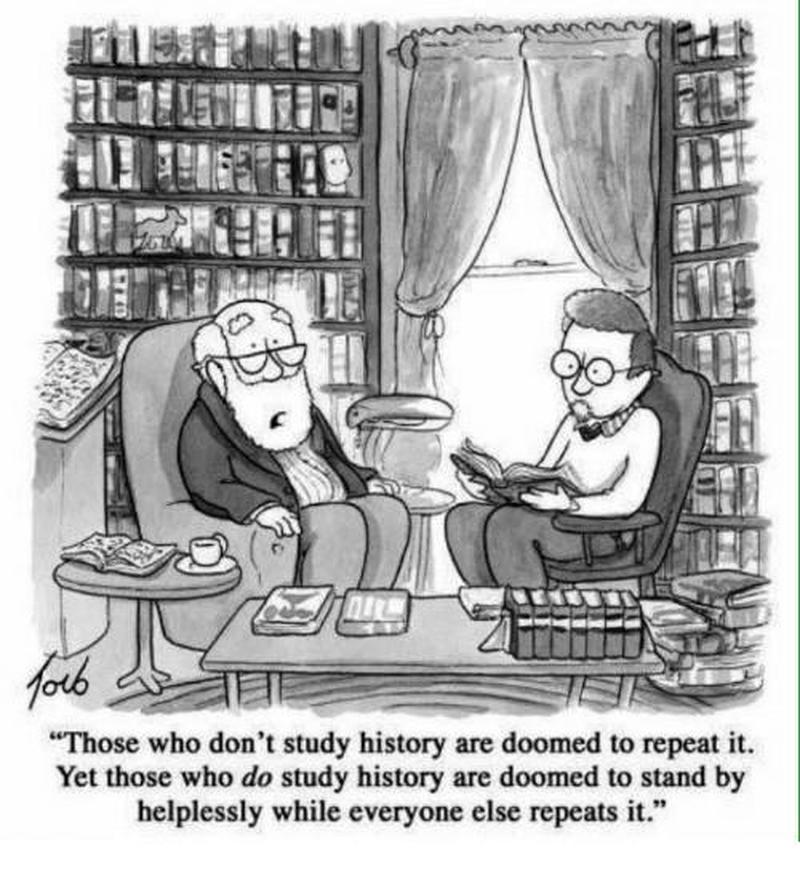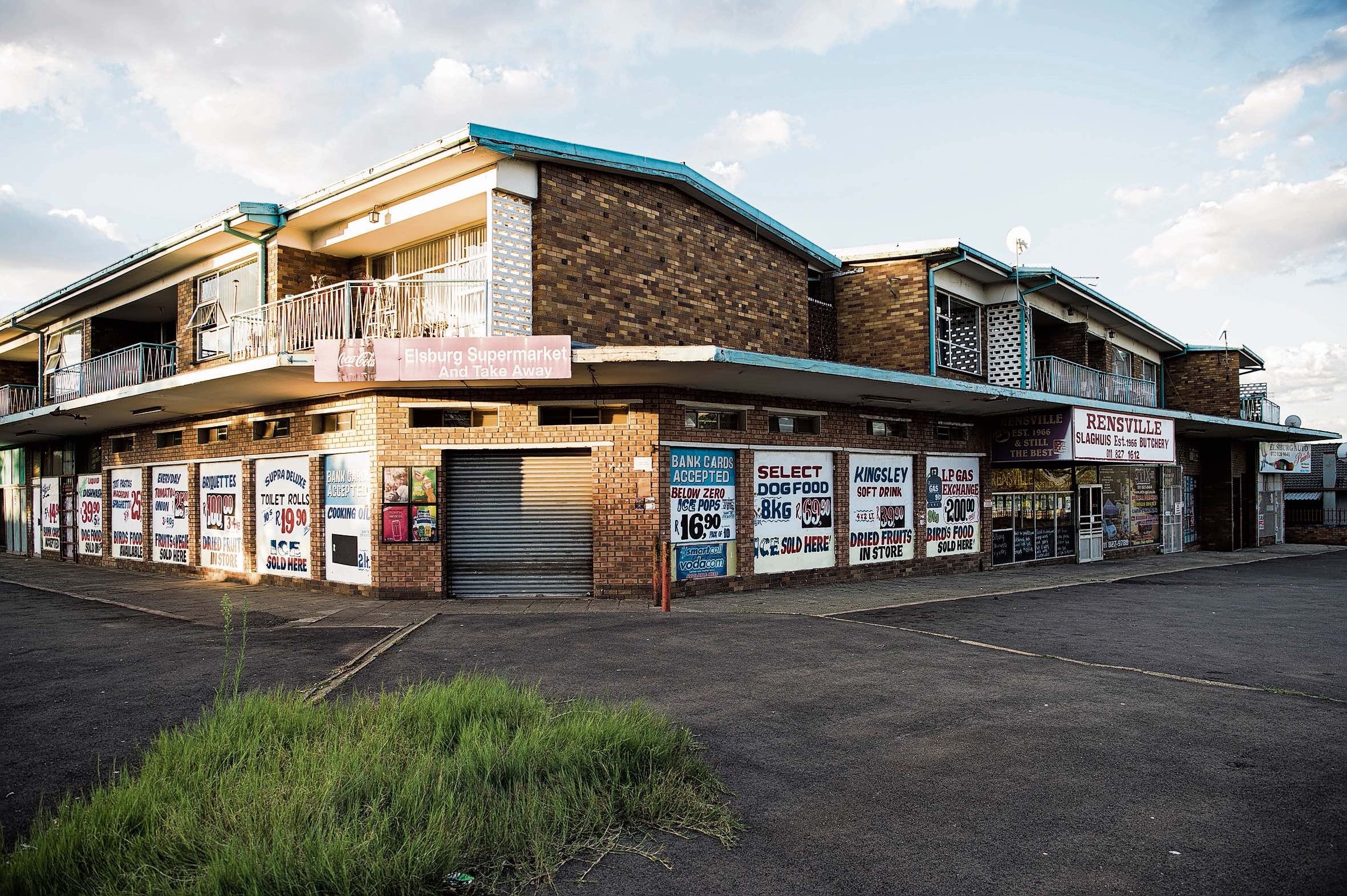Sorry, but there is now no less than the lives of billions at stake. One of the most influential publicists in Germany describes the impending socio-economic meltdown. Hardly anyone has described the causal relationships better. Shame on the majority of economists and business leaders who don't see the obvious and don't rebel against this destructive madness.
Translation:
If we do not end the total blockade soon, there will be a historic meltdown in the German economy. Politicians should leave radical mode and start intelligent virus control.
Germany is facing the biggest wave of bankruptcies since the Great Depression of 1929. The historically unique shutdown of the entire economy does more damage every day. If the government is not careful, the damage will be irreparable. After just two weeks, 470,000 companies in Germany reported short-time work because of the total blockade. Millions of workers are directly affected and are worried about their economic existence. Unemployment will now skyrocket. In Austria, the shutdown has pushed unemployment to its highest level since 1946 - in just one month.
But this snapshot is only a small thing compared to what threatens to damage the German economy and the social fabric of the country if the shutdown were extended far beyond Easter. The historical mega experiment of simply switching off an economy has no example, because even in the world wars the economy continued. However, it does not know its risk.
Politicians must weight two effects more sharply, which will ruin economic activity in a tsunami way. On the one hand, the shutdown very soon causes huge damage with chain reactions. Production networks collapse, supply chains break, tens of thousands of individuals, small businesses and medium-sized companies become insolvent (much faster than is believed in Berlin) - government aid measures can only mitigate this, but not prevent it. Every bankruptcy creates a consequential problem for suppliers, creditors and customers, who in turn get problems. Even if the individual company can survive for a month or two, the crack in the business network ensures that each month of downtime is actually multiplied by damage. It behaves like the meltdown of an atomic reactor. In the end, the fallout ends up with the banks, which are threatened with huge loan losses. So every single day produces billions of dollars in debt radiation. The meltdown can wreak havoc within weeks, and even healthy companies can burn up.
Politicians must not underestimate the density of interaction between economic stability. If this is destroyed - as is now the case during a shutdown - the axis of economic progress will break. Politics, dominated by civil servants and lawyers, clearly tend to view the economy as a large, static authority that can be closed for a while and, if necessary, subsequently helped with money. In reality, however, the economy is like a living organism that simply dies if its cycle does not circulate.
The second underestimated problem is the structural break in a quarantine economy. When thousands of startups die in a shutdown, the arithmetical damage to the economy doesn't seem to weigh much.
In fact, the creative potential of the future is being destroyed. The same applies to research-driven growth companies and to particularly competitive industries that suddenly disappear completely from the market in a structural break. If the typical Swabian-medium-sized world market leader goes bankrupt after months of zero business, then Germany has lost this world market leadership forever. With every company, knowledge and added value for the future also disappear. Even the key German car industry is endangered. The margins of manufacturers and suppliers had already declined sharply before the outbreak of the corona crisis, and electrification and digitization are already attacking the classic business model. Especially now that billions of dollars of investment would be needed, the entire core business is breaking down. An industry that is juggling on a fine line can completely be teared down by such a crisis.
The strategy of using a radical shutdown to stop a virus was risky from the start. Now every hour the risk increases that the enormous rescue packages in turn trigger confidence crises and financial market turmoil. Does the Eurosystem really hold up in such a situation? Are the Italian and Spanish sovereign debt still blindly trusted? Can the ECB actually defend the euro? So far, the illusion of trust has depended on the fact that states and central banks can guarantee everything. In reality, however, they cannot. Politicians have to be extremely careful not to reveal this.
There is an alternative to the shutdown
April 19 is not just an appointment. It is the weather divide from a possible medical catastrophe that we are trying to avoid, to a socio-economic catastrophe, the beginnings of which we can already see. The concept of the European states to rely on radical mass quarantines with week-long curfews and no contacts requires an extremely high price - namely that of economic and social breakdown.
In any case, the shutdown concept of corona crisis management is not without alternative. So the countries of East Asia trust a completely different strategy. From Japan to Singapore, from Hong Kong to Taiwan to South Korea, the economy continues, there is no shutdown of society, schools and shops remain open. Even if the societies of East Asia function differently and the East Asians have a different understanding of the state and cohabitation: they seem to get through the crisis much better than the Europeans. Her recipe: masks for everyone, tight controlling and digital tracking of the sick. Keep your distance (especially for the elderly) and pay attention to hygiene anyway. The success is amazing, the infection seems to be better controlled in East Asia than in the mask-free shutdown Europe.
Sweden, too, even if it adjusts the strategy against Corona here and there, takes a different path than Germany. Many other countries are thus showing that pandemic control can work much more smoothly with modern, intelligent, digital methods. If the majority of the population - such as those under the age of 50 - are hardly affected by this disease, why should they be locked away and their economic existence? Is it perhaps an option to specifically protect those in need of protection? The total blockade of a shutdown may protect a patient from a virus, but the patient then dies in economic circulatory failure - that cannot be wise. Germany's compulsory coma must end on April 19!
Wenn wir die Totalblockade nicht bald beenden, entsteht eine historische Kernschmelze in der deutschen Wirtschaft. Die Politik sollte den Radikalmodus verlassen und jetzt die intelligente Virus-Bekämpfung starten.

www.n-tv.de













